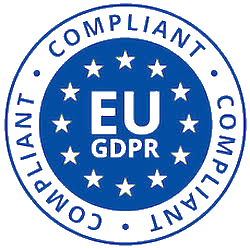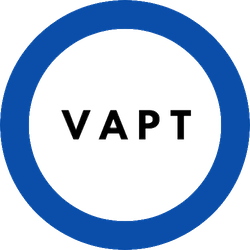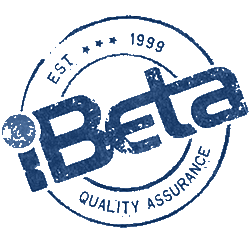For many middle east nations, statutory framework implementation to foster digital transformation at financial institutes and compliance with global payment and anti-fraud measures look like a challenging task and E-KYC.
Also, financial institutions and banks may find themselves up against imposing regulatory uncertainty and administrative penalties, making it hard to carry out their business in the middle-east nations.
However, numerous Middle Eastern nations have started initiatives focusing on digitising payments. This would point to enduring regulatory reforms and enhanced competition within the private sector.
These structural changes in these economies drive financial institutions to transform their identity verification process and KYC for the Middle East Nations for better fraud control.
Understanding e-KYC for UAE and other middle east nations
Financial institutions in the middle east countries are now opting for KYC for UAE, with a significant focus on digital identity, cybersecurity, anti-money laundering (AML), fintech, data security and privacy to prevent and reduce the risk of online frauds.
Mentioned hereunder are some points covered in the online identity verification and e-KYC guidelines for middle east nations :
- Digital KYC and identity verification
Due to the advent of the global pandemic, several Middle Eastern nations have improved their regulatory framework related to KYC norms and remote identity verification to counter the ever-growing problem of terrorism-funding and money laundering.
Also, after the FATF (Financial Action Task Force) online identity direction, Arab Monetary Fund issued new guidelines for online customer KYC. This allows banks and financial institutions to conduct a remote onboarding process of new customers.
Moreover, the Dubai Financial Services Authority issued a report on cyber fraud risk analysis and recording. This report further asked financial institutions and banks to review their access control and use two-factor authentication (2FA) for better fraud control.
- Open banking
Fintech initiatives and open banking have now become the topmost priority of financial institutions and banks operating in middle east nations to focus more on rendering innovative solutions to clients.
Some innovative open banking services to customers include P2P transfers, e-wallet services, acquisitions through QR codes, and uninterrupted global fund transfers through fintech institutions.
- Digital currency
Several Middle Eastern nations are at different levels of executing CBDCs (Central Bank Digital Currencies) to counter the extensive utilisation of cryptocurrency among online fraudsters and terrorist organisations.
Also, in 2019, the UAE financial services regulatory authority improved its administration for managing crypto-asset pursuits. These guidelines are further upheld by supplementary guidance to deal with token issuance demands, trading and safekeeping methods.
They emphasise guarding investor interests, crypto-asset protection criteria, economic crime prevention measures, data security controls, technology and execution of business specifications for all exchange intermediaries.
The bottom line
The financial and banking industry in the Middle East nations can anticipate diverse levels of engagement from administrators to global and local guidelines and statutes in 2021. This is why more and more financial institutions are adopting digital KYC processes for streamlined customer onboarding and better fraud prevention.
We at Accura Scan are a prominent online authentication technology company offering some of the most trustworthy identity verification and KYC/AML solutions that are efficient and easy to integrate. To know more, reach out to us today at sales@accurascan.com or call +918208988751



























